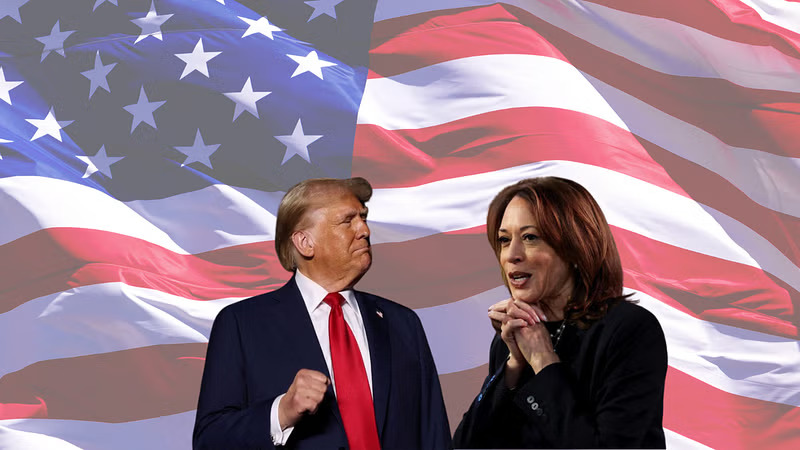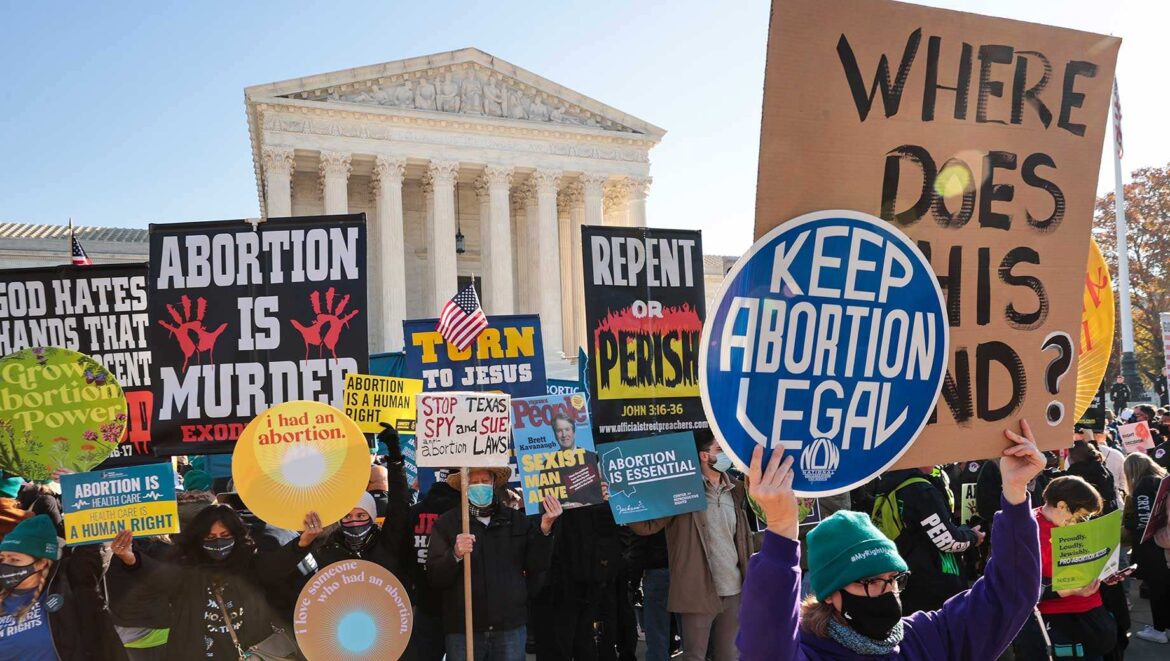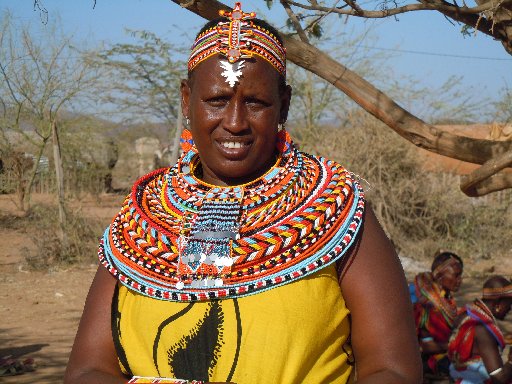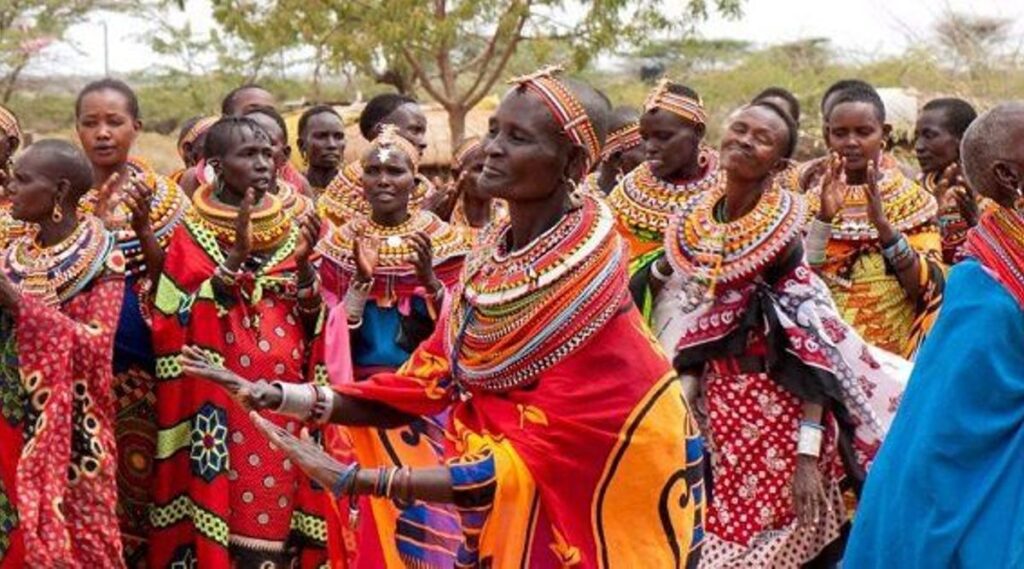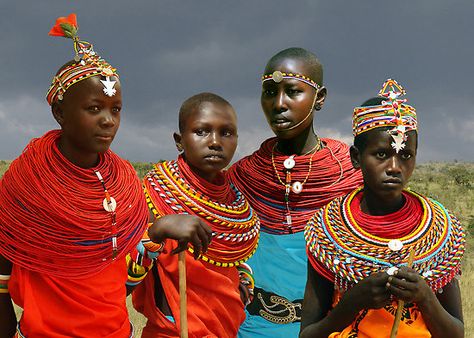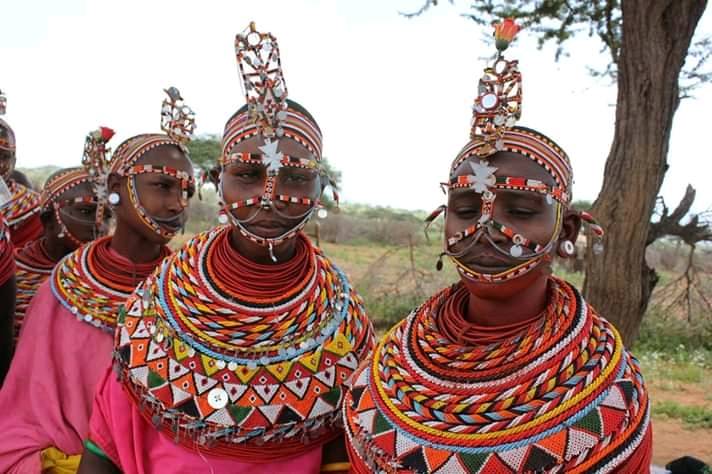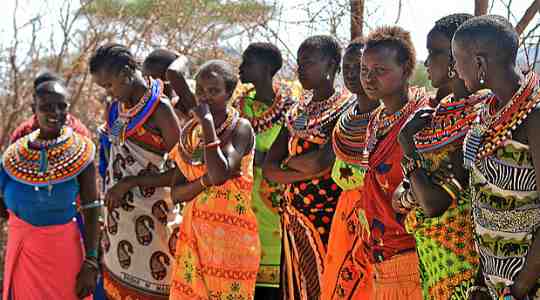By Chandrika Arya
America, the world’s oldest and most mature democracy, has once again missed the opportunity to elect a woman to its highest office. After Hillary Clinton, this marks only the second time in the nation’s 248-year political history that a woman has managed to contest presidential election. Yet voters did not seize the chance to break the glass ceiling in American politics by electing Kamala Harris as the nation’s first female president. Instead, they paved the way for Donald Trump’s return to the White House. This outcome underscores the fact that the office of the U.S. presidency has remained an exclusive domain for men, with entry for women still restricted by deep-seated gender biases that continue to challenge the political careers of female candidates.
A notable gender-gap (10%) was observed in the 2024 U.S. presidential election, with a majority of U.S. women (44%) voting for Democrat Kamala Harris, while a majority of men voters (54%) supported Republican Donald Trump. Harris garnered more votes from women, including Hispanic and Black women, but her vote percentage among white women was 5 percentage points lower than Trump’s. According to AP VoteCast, the aspiration of electing the first female president did not emerge as a significant motivator. Only 1 in 10 voters cited Harris being the first woman as the single most important factor in their decision, while about one-fourth considered it an important, but not the most important factor.
Democratic presidential candidate Kamala Harris could not secure enough female votes to surpass Donald Trump, who garnered significant support from men, including Black, Latino, and young voters. Although Trump provided ample opportunities to turn the tide against him by using misogynistic campaign tactics, including sexist slurs like “dumb” and “low IQ” against Harris. Moreover, a deep gender-divide in the election campaign failed to encourage en-bloc voting among women. The Democratic Party framed women’s health and reproductive rights as central issues, while Trump’s campaign focused on national security, border protection, immigration, military strategy, and economic independence. He constructed a rhetoric emphasizing masculine traits—strength, dominance, control, and assertiveness—as essential for effective leadership. Thus, hyper masculine campaign style has been less troubling for voters including white women than concerns of immigration and economy.
In stark contrast, if we look at the emerging nations of Asia—India, Pakistan, and Bangladesh—we observe that women have ascended to the highest echelons of governance for over half a century. Names like Indira Gandhi, Pratibha Patil, Draupadi Murmu, Benazir Bhutto, Khaleda Zia, and Sheikh Hasina stand as monumental examples of women who have not only held office but have also provided decisive leadership in their respective nations. Furthermore, women have been entrusted with the reins of power across various European, African, and other regions worldwide. Among the 60 members of the Council of Women World Leaders today, almost all of them are current or former elected heads of state, either as presidents or prime ministers. In the list of countries that have witnessed such leaders in recent years, the U.S. comes last.
What is important to ponder here is why a nation that prides itself on being the most developed and powerful has prevented half of its population from reaching the pinnacle of political power. The obvious question is: why, in a country that was an early adopter of women’s suffrage rights, has no woman ever been elected president? Several peculiarities of American politics can be identified as serious challenges, both at the individual and institutional levels, that hamper the political prospects of women.
Institutional Barriers
America’s “two-party political system” also presents a significant obstacle for women aspiring to the presidency. Both major political parties have a rigorous process for selecting their presidential candidates, a process that is largely dominated by men. When women express their desire to run for office, they often find themselves defeated by male party leaders in the very nomination phase. The Republican Party, to date, has never nominated a woman as its presidential candidate, while women within the Democratic Party have only managed to reach this position on two occasions. However, both of these attempts ended in failure, largely due to inadequate financial backing and a lack of support from the party’s powerful leaders. The pressing challenge for America’s democracy, therefore, is not merely when, but how, it will dismantle these gendered barriers and come to terms with accepting women in positions of supreme political leadership.
The parliamentary form of government offers a relatively easier route for women to attain top leadership positions. Women often find an entry point to the presidential position in countries where the prime minister is the chief executive, responsible for ‘high politics’ while the president serves as the nominal head of state, performing only symbolic functions wielding ‘soft power’.
Lack of Gender-based Quotas
The gender-based quota system has been recognized as instrumental in promoting women’s chances of entering politics in more than 100 countries. A positive corelation has been found between gender-quotas and women’s representation. In the U.S., however, where affirmative action policies are absent and highly unpopular, the proportion of women in the House and Senate remains at a constant ratio of around 20%. This figure has never reached a ‘critical mass’ of 35%, further limiting women’s ability to challenge prevailing gender biases.
Question of Women’s Fitness
Apart from institutional barriers, perceptions regarding women’s individual standing and capabilities also constrain them from taking up leadership roles. Women are often considered unfit to hold the highest position in a nation that prides itself on its superpower status, particularly based on military strength. This was a key point used by Donald Trump to attack Hillary Clinton, questioning her “stamina.” His masculine style of campaigning resonated Americans’ unconscious fear that Clinton lacked the strength to be commander-in-chief. Just as the supremacy of men has been historically accepted in military and diplomatic matters, the post of U.S. president has similarly been seen as a symbol of manliness. As a result, no woman has yet reached this position.
The author is a Doctoral Candidate, Department of Political Science, University of Delhi.


